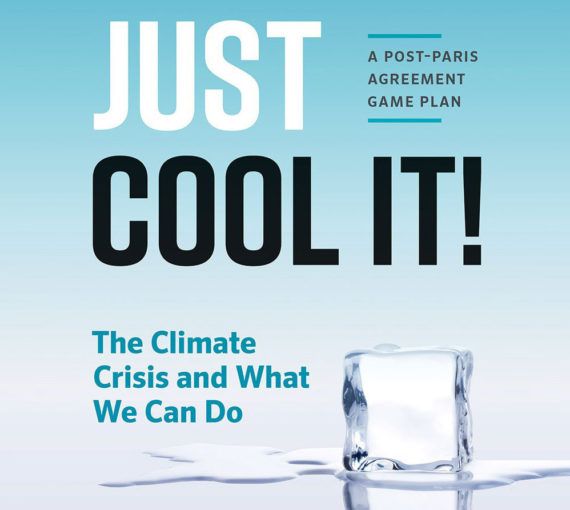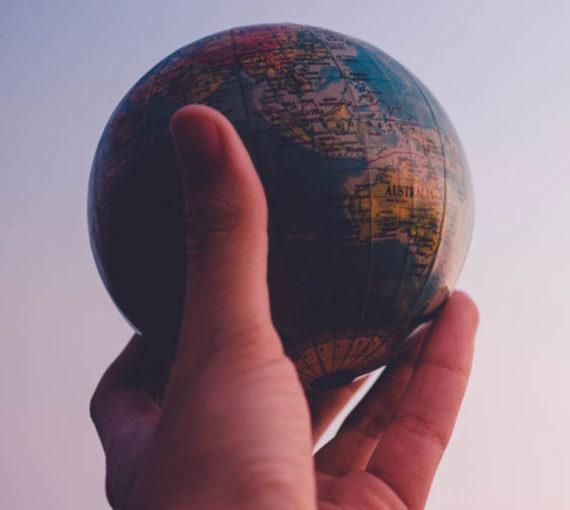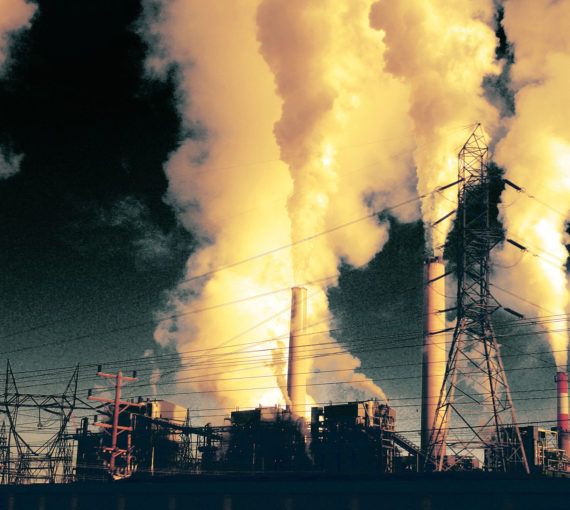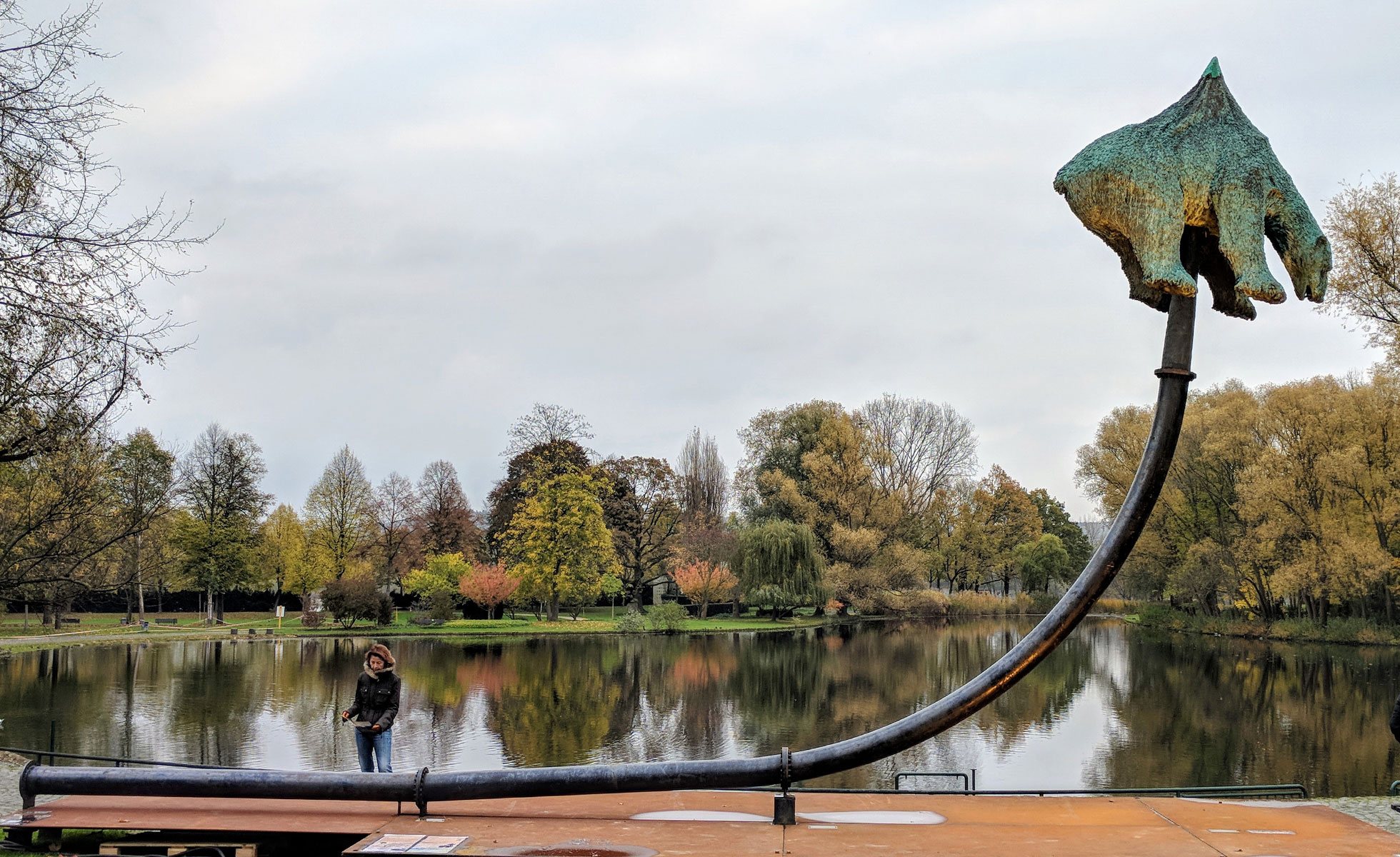
Unbearable, a bronze sculpture by the Danish artist Jens Galschiot, was on display at COP 23. The sculpture features a graph showing the global fossil fuel carbon emissions, and an impaled polar bear.
Communities around the world are facing extreme climate change — from flooding caused by heavy rainfall to intense forest fires caused by heat waves to devastating hurricane after hurricane. No one is immune.
Consequences are gravest in the global south. There, the lives and livelihoods of people least to blame for the climate crisis are being hit the hardest, including in Fiji. It’s the first Pacific Island nation state to preside over the UN international climate change negotiations.
The recent COP 23 meeting in Bonn, Germany was pivotal for vulnerable countries on the front lines of climate change. That’s why the Fijian conference president put the issues of loss and damage at the top of the agenda, emphasizing “talanoa” (participatory, transparent dialogue) as the way to lay the groundwork needed to operationalize the Paris Agreement.
Talanoa is informal storytelling. It emphasizes inclusive dialogue, empathy, building friendships and solidarity for collective action. It also encourages all parties who committed to the Paris promise to have the honest, serious conversations needed to address the climate crisis.
We are affected first and worst.
Hilda Heine, Marshall Islands president
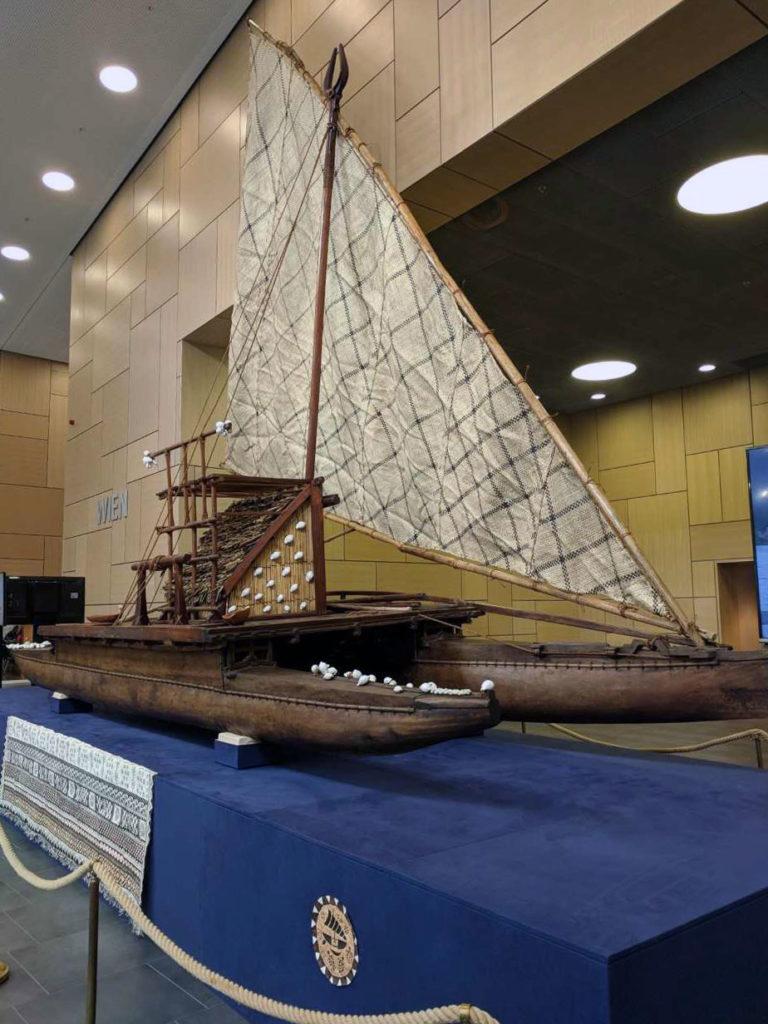
A Fijian traditional canoe, or drua, exemplifies the resilience of the Pacific in the face of adverse impacts of climate change. It was donated to COP 23 to serve a stark reminder we are all in the same canoe when it comes to climate change impacts.
Fiji, like many Pacific Island nations, is moving precariously through a heating world and counting on us all to ramp up global ambition. COP 23, dubbed “the Pacific COP,” took place after a series of climate catastrophes that affected the Small Island States and the South Pacific. The conference location moved to Bonn because Fiji, ravaged by climate change, was unable to accommodate the thousands attending.
We are living in a new reality. We need a new set of tools and resources to respond. Small, vulnerable states such as Fiji cannot avoid losses and damages from climate change. They’re the first to experience devastation caused by major carbon-emitting countries, and need international support to meet their climate commitments. Wealthy nations, including Canada, must provide resources, including finance, technology and capacity-building, that poorer countries need to face climate change’s worst effects.
As a major carbon emitter, Canada needs to end its dependence on coal, oil and gas extraction immediately, and lead the global transition to renewable energy. Canada also has to ensure it does its fair share to limit warming to 1.5 C.
Developed countries can no longer drag their feet on inadequate, unjust climate commitments that continue to be realized on the backs of vulnerable communities. We need to transform our society and focus on caring for the planet and each other.
The whole world is in the same canoe when it comes to weathering climate change impacts. We have the finances, capacity and technology to turn the canoe around. We must paddle together to defend our collective safety.
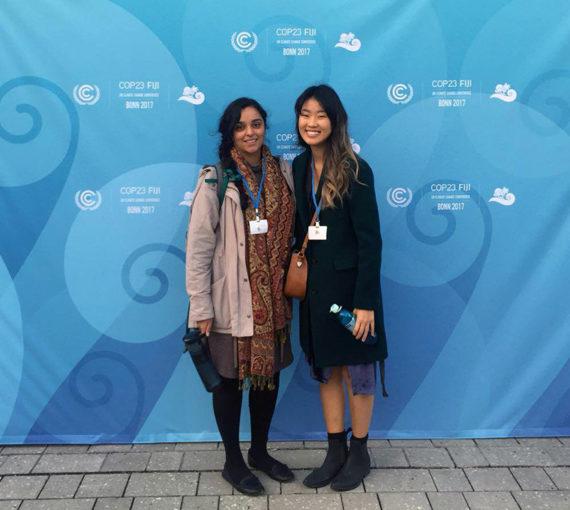
Jennifer Deol
Jennifer Deol was a Canadian youth delegate to COP 23 and COP 22, from the unceded territories of the Musqueam, Squamish and Tsleil-Waututh Nations. She is a founding member of the David Suzuki Foundation’s Sustainable Diversity Network and Board director of The Starfish Canada.
Photo: Jennifer Deol with fellow Canadian youth delegate Tina Oh at COP 23 in Bonn, Germany.
